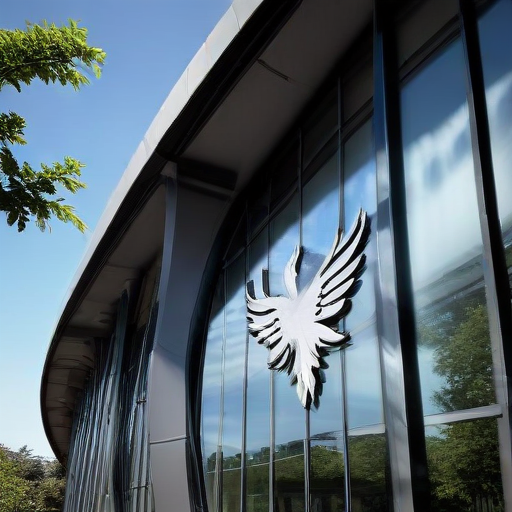Enron, a corporation that once thrived in the energy sector before its downfall in 2001, is now attempting to rebrand itself with a focus on sustainability, innovation, and ethical practices, as stated on their official website. This new direction comes as a stark contrast to the company’s history, which was marked by significant financial misconduct that led to billions of dollars in losses for shareholders and the termination of thousands of jobs.
On social media, Enron’s message, “we’re back…can we talk?” sparked a mix of skepticism and curiosity. Their leadership has outlined a plan based on “pillars for vision,” prioritizing ethical business practices, transparency, and a renewed commitment to integrity, while also acknowledging past misdeeds.
Comments from employees indicate a desire for change, but not everyone is convinced. Sherron Watkins, a notable whistleblower from the Enron era, expressed doubts about the company’s ability to overcome its tarnished reputation. She suggested that merely having the Enron name in the public eye serves as a reminder of corporate malpractice, prompting necessary discussions about the characteristics of a responsible company.
However, it’s important to note that the newly launched website operates under a disclaimer that classifies its content as a First Amendment-protected parody, aimed primarily at entertainment.
Despite the skepticism surrounding Enron’s reemergence, it raises the opportunity for constructive dialogue about corporate ethics and accountability. If approached with genuine intentions, this could lead to a broader conversation about reform and the importance of corporate responsibility in today’s business landscape.
In summary, while the road to redemption seems challenging for Enron, their attempt at a comeback might serve as a catalyst for important discussions on ethical practices in the corporate world.
